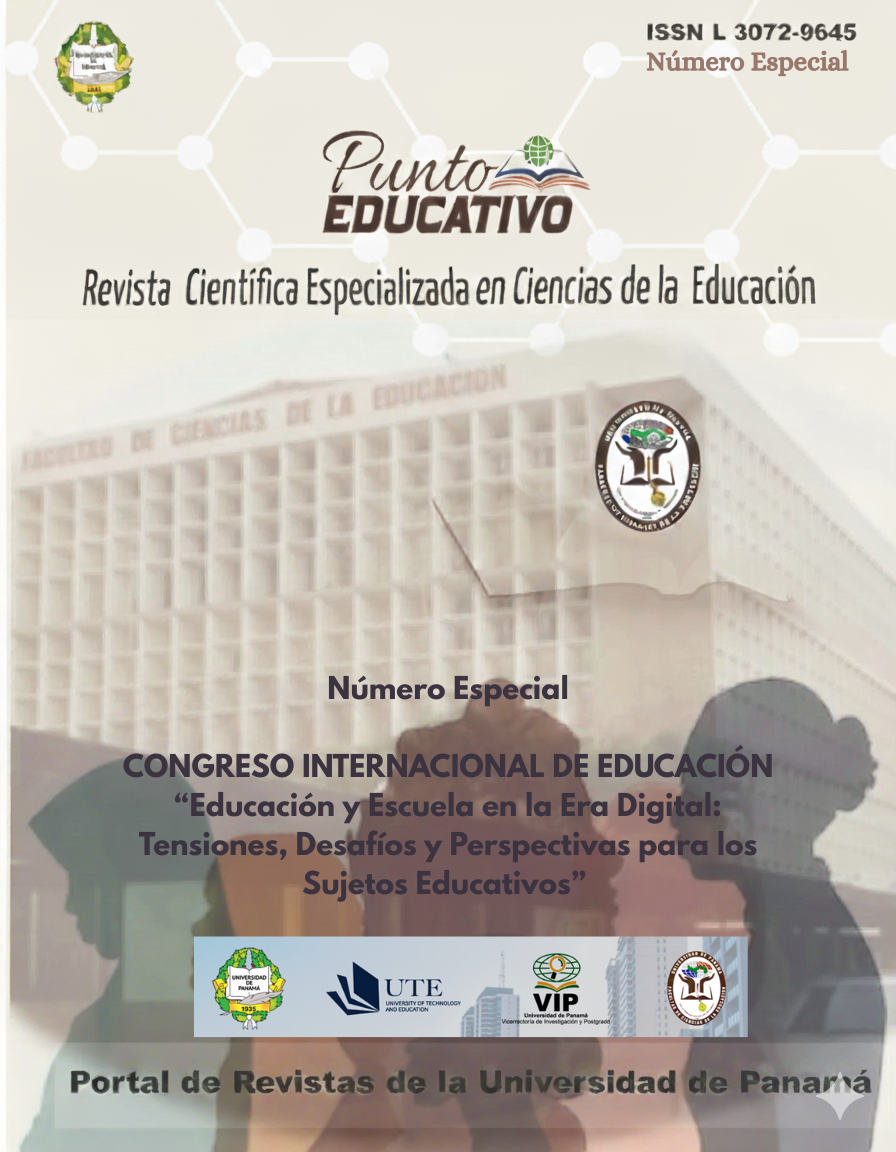

Copyright (c) 2025 Punto educativo

This work is licensed under a Creative Commons Attribution-NonCommercial-ShareAlike 4.0 International License.
This article analyzes categories and concepts related to inclusive education and attention to diversity in the context of rural teaching practice, based on findings from previous research and serving as a foundation for a doctoral thesis proposal. The significance and practice of inclusive education have gained greater importance in recent years. In Colombia, the creation of Decree 1421 in 2017, which establishes guidelines and responsibilities for the agents of the educational system, highlights this relevance. After six years of implementing this regulation, it is considered essential to analyze the perspectives, reflections, and narratives of teachers, families, and students to assess its limitations, achievements, and setbacks, especially in rural areas that have been historically marginalized and face specific challenges requiring differential attention. This article presents an exploratory phase that analyzes and describes key categories related to inclusive education. Finally, recommendations and conclusions will be offered to address this situation in rural settings, providing a basis for future research and inclusive educational practices in these contexts.